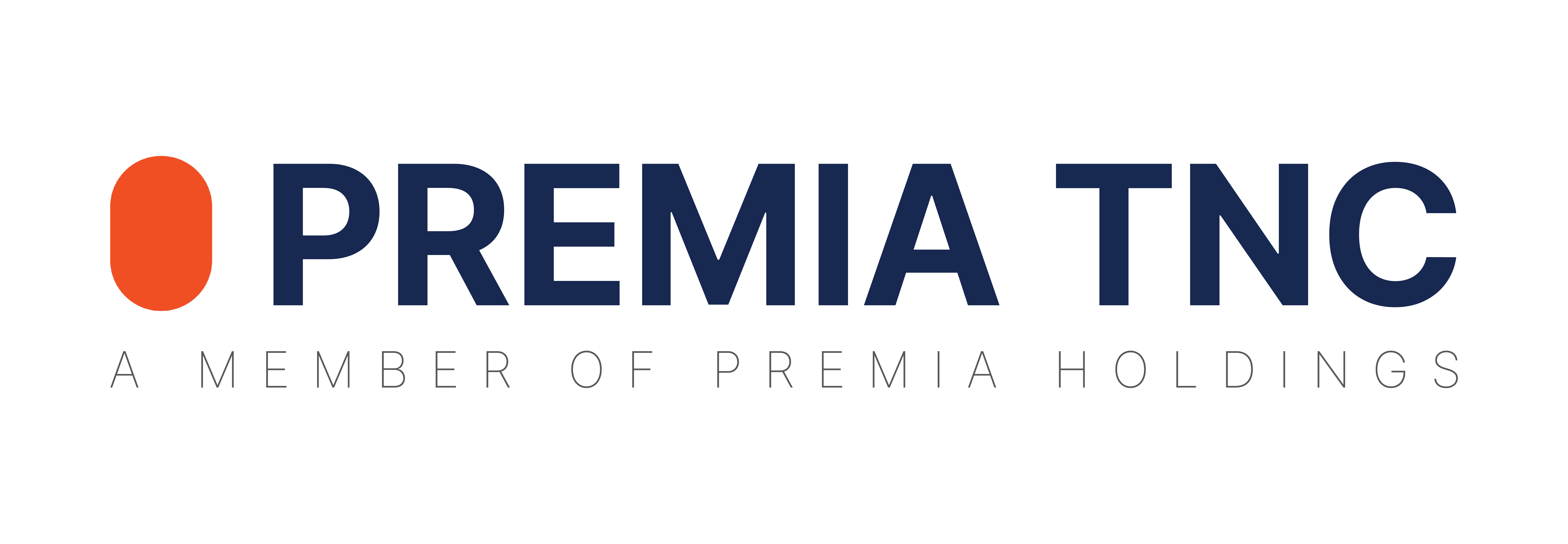
Setting up a limited company in Korea offers entrepreneurs a range of advantages, including limited liability protection, favorable tax policies, and access to a dynamic market. However, navigating the process requires a deep understanding of the legal framework and compliance obligations. In this article, we will provide a detailed guide to help you establish a limited company in Korea, ensuring that you are well-prepared for the journey ahead.
Understanding the Legal Framework
Korea’s Commercial Code serves as the foundation for establishing and operating businesses in the country. It’s crucial to familiarize yourself with its provisions and distinguish between different business entity types.
Limited Liability Company (LLC)
Korea allows the formation of LLCs, which offer limited liability protection to shareholders. Understanding the legal requirements and operational flexibility of this entity type is essential.
Joint Stock Company (JSC)
JSCs are suitable for larger enterprises seeking to raise capital through stock offerings. The regulations surrounding JSCs may differ from those of LLCs.
Foreign-Invested Company (FIC)
Foreign investors looking to establish a presence in Korea should consider FICs, which have specific regulations and incentives tailored to their needs.
Preparing for Company Registration
Before registering your limited company, several key preparations must be made to ensure a smooth process. Let’s delve into the essential steps you should take.
1. Selecting a suitable company name
Choose a unique and distinctive name that complies with Korea’s naming conventions and regulations.
2. Appointing company directors and shareholders
Identify individuals who will serve as directors and shareholders of the company, considering their qualifications and responsibilities.
3. Drafting the company’s articles of incorporation
Prepare the articles of incorporation, which outline the company’s purpose, capital structure, and operational details.
4. Determining the company’s registered address
Determine the physical address where the company will be registered and conduct its business operations.
5. Obtaining necessary licenses and permits
Research and secure any licenses or permits required for your specific industry or business activities.
Capitalization and Shareholding Structure
Capitalization and shareholding structure play a crucial role in determining the financial framework of your limited company. Understanding the nuances in this area is vital.
1. Minimum capital requirements
Familiarize yourself with the minimum capital requirements imposed on limited companies in Korea.
2. Determining the capital structure
Decide on the capital structure that best suits your business needs and aligns with the goals and aspirations of shareholders.
3. Issuing shares and distribution among shareholders
Understand the process of issuing shares, allocating them among shareholders, and the associated legal requirements.
4. Evaluating tax implications on capitalization
Consider the tax implications of your capitalization decisions and consult with professionals to optimize tax efficiency.
Registering the Company
Registering your limited company is a significant milestone in the establishment process. Here, we outline the steps involved in completing the registration.
1. Submitting the required documents to the Korean Commercial Registry
Prepare and submit the necessary documents, including the articles of incorporation, to the Korean Commercial Registry.
2. Completing the registration process
Follow the registration procedures and pay the required fees to complete the registration of your limited company.
3. Obtaining a unique company registration number
Once the registration process is successfully completed, you will be issued a unique company registration number.
Taxation and Accounting Considerations
Understanding thetax obligations and accounting requirements of your limited company is crucial to ensure compliance with Korean regulations.
1. Understanding corporate tax obligations
Gain knowledge of the corporate tax system in Korea, including tax rates, filing deadlines, and deductions.
2. Registering for tax purposes
Register your company for tax purposes, obtain a taxpayer identification number, and fulfill your reporting obligations.
3. Appointing an accountant or accounting firm
Engage the services of a qualified accountant or accounting firm to handle your company’s financial records, tax filings, and compliance matters.
4. Maintaining proper financial records
Establish robust accounting practices to maintain accurate financial records in accordance with Korean accounting standards.
Employment and Labor Regulations
If your limited company plans to hire employees, it’s crucial to understand and comply with Korea’s employment and labor regulations.
1. Hiring employees and registering with the Employment and Labor Office
Follow the proper procedures for hiring employees, including registering with the Employment and Labor Office and adhering to labor laws.
2. Complying with labor laws and regulations
Understand and adhere to labor laws, including employment contracts, working hours, wages, and employee benefits.
3. Establishing employment contracts and benefits
Draft comprehensive employment contracts that clearly outline the terms of employment, benefits, and obligations for both parties.
Intellectual Property Protection
Protecting your intellectual property (IP) assets is crucial for the success and longevity of your limited company. Familiarize yourself with IP regulations and safeguards in Korea.
1. Registering trademarks, patents, and copyrights
Register your trademarks, patents, and copyrights with the relevant Korean authorities to establish legal protection for your IP assets.
2. Ensuring intellectual property rights are safeguarded
Implement measures to monitor and enforce your intellectual property rights, including detecting and addressing any infringement issues.
3. Dealing with infringement issues
Develop strategies to address and resolve any infringement issues, including seeking legal remedies when necessary.
Ongoing Compliance and Reporting
Maintaining ongoing compliance with regulatory requirements is crucial for the smooth operation of your limited company. Understand the key compliance obligations.
1. Filing annual financial statements and tax returns
Prepare and file accurate financial statements and tax returns within the designated timelines to comply with regulatory requirements.
2. Holding annual general meetings
Conduct annual general meetings, allowing shareholders to review the company’s performance, make decisions, and address pertinent matters.
3. Reporting changes in company structure or ownership
Notify the relevant authorities of any changes in company structure, ownership, or key personnel to ensure compliance with legal obligations.
4. Complying with other regulatory requirements
Stay updated on any other regulatory requirements that may apply to your specific industry or business activities.
Opening a Business Bank Account
Establishing a business bank account is essential for conducting financial transactions and managing your limited company’s finances effectively.
1. Choosing a suitable bank
Research and select a reputable bank that offers services tailored to the needs of businesses in Korea.
2. Required documentation for account opening
Prepare the necessary documentation, such as company registration documents, identification proof, and relevant authorizations, to open a business bank account.
3. Understanding banking procedures and services
Familiarize yourself with the banking procedures, services, and fees associated with business bank accounts in Korea.
Business Support and Resources
Leveraging available business support services and resources can significantly benefit your limited company’s growth and success.
1. Engaging professional services such as legal and accounting firms
Consider engaging the services of professional firms to provide legal, accounting, or other specialized support for your business operations.
2. Utilizing government resources and incentives
Explore the various resources and incentives provided by the Korean government to support businesses, such as grants, subsidies, and tax incentives.
3. Joining business networks and associations
Join industry-specific networks and business associations to network, gain insights, and access valuable resources and partnerships.
Conclusion
Setting up a limited company in Korea is a process that requires careful planning, attention to detail, and adherence to legal and regulatory requirements. By following the comprehensive guide outlined in this article, entrepreneurs can establish their companies with confidence, knowing that they have taken the necessary steps to ensure compliance and maximize their chances of success in Korea’s vibrant business landscape.
















